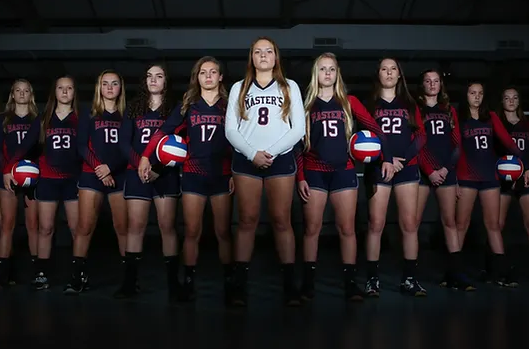Tag: florida and charter schools

Florida Legislature unanimous in approval of bill to allow charter school students to play sports for private schools
One of several bills that would let charter school students play sports and participate in extra-curricular activities at willing private schools has cleared the Florida Legislature and awaits Gov. Ron DeSantis’s signature. In a display of bipartisanship, all 116 of the House members who were present voted to approve SB... READ MOREAs deadline looms, Florida BOE orders district to compromise with charter school company
Get it done. Now. That was the firm directive that...
READ MOREBills that would expand sports options for charter school students headed to passage
While transformational bills to expand education choice eligibility have taken...
READ MOREVirtual charter school board member mom to Florida lawmakers: ‘Empower parents for greater customization’
Melissa Ley left her job as a teacher at a...
READ MOREBest of 2022: Virtual reality charter school takes students to the moon, under the sea
Editor’s note: In keeping with our year-end tradition, the team...
READ MOREKeep an open mind about so-called for-profit charter schools
Editor’s note: This commentary from Amber M. Northern, senior vice...
READ MORENonprofit group will use prize money to offer high quality education choice to more children of migrant families
The students at Wimauma Community Academy were so determined to...
READ MOREFlorida charter school enrollment increases by 20,000 students
Charter school enrollment in the Sunshine State increased by 20,013 students...
READ MOREPensacola State College charter school offers high schoolers opportunity to earn two credentials at once
As the rising cost of college continues to push higher...
READ MORECharter advocacy poll: Parents value school choice, candidates who support it
Editor’s note: This post reflects the content of a news...
READ MOREFlorida charter school finds champion as it fights for survival
A Florida charter school that closed after a judge upheld...
READ MORE

